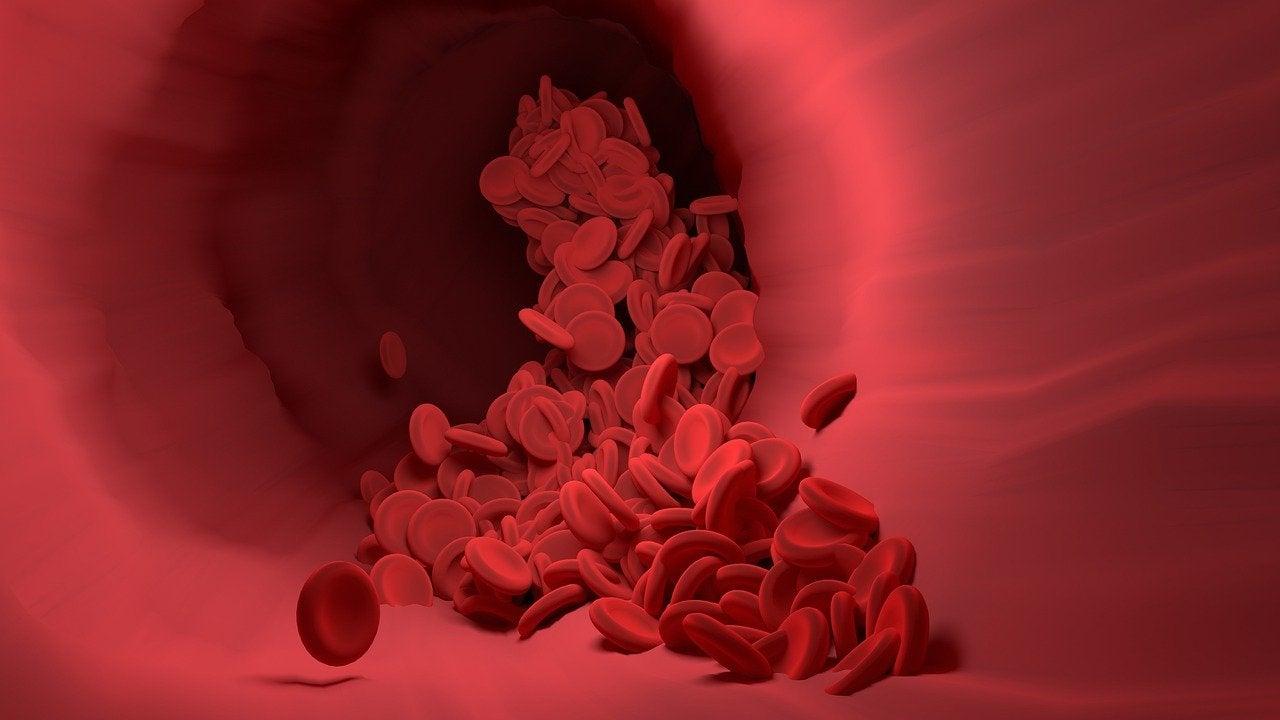
The National Institutes of Health (NIH) has reported data from a large clinical trial, which showed that full-dose anticoagulation (blood thinners) lowered the need for vital organ support in moderately-ill, hospitalised Covid-19 patients.
The three trial platforms in five continents in over 300 hospitals were analysing whether full doses of heparin (blood thinners) could provide a greater benefit to treat moderately ill hospitalised adults with Covid-19 versus lower heparin dose given to prevent blood clots in hospitalised patients.

Discover B2B Marketing That Performs
Combine business intelligence and editorial excellence to reach engaged professionals across 36 leading media platforms.
Moderately ill patients are those not in intensive care and who did not receive organ support like mechanical ventilation while being enrolled in the trial.
According to interim results of over 1,000 moderately ill hospitalised patients, full doses of blood thinners, apart from being safe, were superior to the doses usually given to prevent blood clots in hospitalised patients.
This is with respect to the primary endpoint, which is the need for ventilation or other organ supportive interventions.
Furthermore, a trend in possible reduction of mortality was noted and is being further analysed.

US Tariffs are shifting - will you react or anticipate?
Don’t let policy changes catch you off guard. Stay proactive with real-time data and expert analysis.
By GlobalDataThe latest results complement the group’s findings reported last month which showed that routine use of full-dose anti-coagulation in critically ill Covid-19 patients in ICU was not beneficial and could be harmful to some patients.
The three trials, REMAP-CAP Therapeutic Anticoagulation, ACTIV-4 Antithrombotics Inpatient and ATTACC, have a goal of analysing full doses blood thinners’ benefit to treating moderately ill or critically ill adult patients hospitalised with Covid-19 versus lower doses.
The University of Manitoba and CancerCare Manitoba, Canada haematologist and critical care physician professor Ryan Zarychanski said: “In a disease with a limited number of effective therapies, our results represent a game-changer that will impact practice for moderately ill hospitalised Covid-19 patients around the world.”





